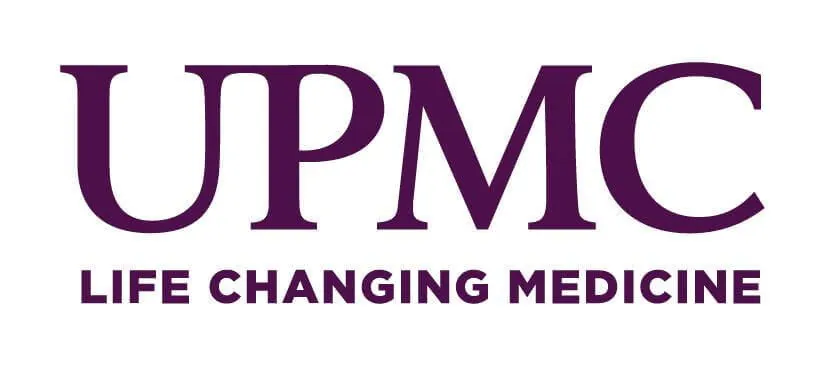
The Nose Knows: Revolutionary Nasal Swab Could Transform Asthma Diagnosis in Children!
2025-01-02
Author: Siti
Groundbreaking Advancement in Asthma Diagnosis
In a groundbreaking advancement, researchers at the University of Pittsburgh have unveiled a pioneering nasal swab test specifically designed to diagnose various subtypes, or endotypes, of asthma in children. This non-invasive procedure could potentially revolutionize how clinicians approach asthma treatment, enabling them to tailor medications with greater precision.
Asthma: A Prevalent Chronic Condition Among Children
Asthma stands as the most prevalent chronic condition among children, with alarming disparities observed in its impact on different demographics. Particularly affected are Puerto Rican and African American youth, who not only experience higher rates of asthma but also face increased mortality risks compared to their non-Hispanic white peers. The study, recently published in JAMA, draws from three independent U.S.-based studies targeting these vulnerable populations.
Need for Innovative Therapies
According to Dr. Juan Celedón, the senior author of the study and professor of pediatrics at the University of Pittsburgh, the urgent need for innovative therapies is underscored by the disease's complexity. "Because asthma varies significantly among patients, fundamentally driven by different immune responses, accurate diagnosis of endotypes is the first crucial step towards more effective therapies," he explained.
Traditional Asthma Endotyping
Traditionally, asthma has been categorized into two primary endotypes: T2-high and T2-low, based on inflammation profiles. However, T2-low is now subdivided into T17-high, characterized by a shift away from T helper 2 inflammation, and low-low, which exhibits minimal inflammation across the board. Diagnosing these complex endotypes conventionally requires invasive procedures like bronchoscopy, which are neither practical nor ethical for children with milder symptoms.
 Brasil (PT)
Brasil (PT)
 Canada (EN)
Canada (EN)
 Chile (ES)
Chile (ES)
 Česko (CS)
Česko (CS)
 대한민국 (KO)
대한민국 (KO)
 España (ES)
España (ES)
 France (FR)
France (FR)
 Hong Kong (EN)
Hong Kong (EN)
 Italia (IT)
Italia (IT)
 日本 (JA)
日本 (JA)
 Magyarország (HU)
Magyarország (HU)
 Norge (NO)
Norge (NO)
 Polska (PL)
Polska (PL)
 Schweiz (DE)
Schweiz (DE)
 Singapore (EN)
Singapore (EN)
 Sverige (SV)
Sverige (SV)
 Suomi (FI)
Suomi (FI)
 Türkiye (TR)
Türkiye (TR)
 الإمارات العربية المتحدة (AR)
الإمارات العربية المتحدة (AR)